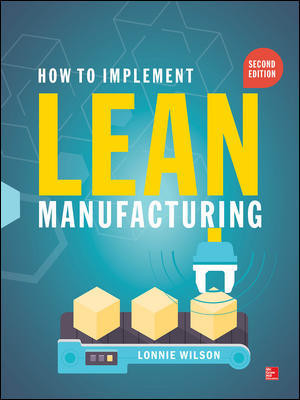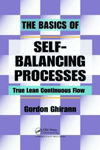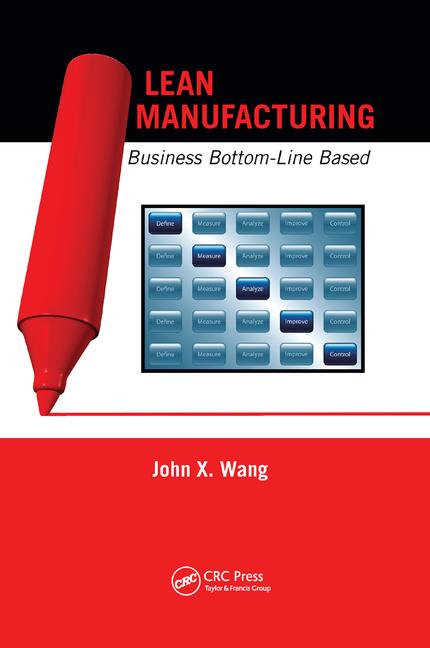A critically important issue in lean success, just now coming into clear view, is the relationship between the human resources (HR) function and lean transformation. It turns out that the HR function, even at its best, is often only a passive supporter of lean transformation. At its worst, it can be a barrier to progress.
There are two facets to the relationship between lean and HR. First, it is self-evident that the HR function-just like any other department in a company-needs to apply lean practices and principles toward process improvement in its own work. Second, the HR function needs to actively support lean transformation throughout the company. The HR function, by virtue of its interactions with virtually every part of a company, is actually in an ideal position to be a powerful ally in lean transformation, IF lean leaders make the effort to enlist its aid. Let's examine how HR can make a significant contribution to lean success with active support in several key areas.
We have been conducting research led by Monica Tracey, assistant professor at Oakland University (Rochester, MI), to identify which HR practices are key enablers of lean success, which can hinder lean, and which are essentially neutral. Several areas surfaced as critical to success. One is the development of teams as a supporting structure. An organization that is based on individual performance, such as piecework pay or a strong focus on individual accomplishments, will struggle to get the collaborative behaviors needed for lean success. A second is how performance is calculated, communicated and tied to incentives. Too often, employees go home at the end of the day with only a gut feel of whether or not they accomplished their goals.
A third area is communication. A lean communication plan must go beyond posters and newsletters. I once visited a company with a great bootstrapped lean program. Kaizens were being carried out aggressively. But when I visited the assembly area, which hadn't had a kaizen for about 9 months, those people said "we didn't know we were still doing that stuff." The kaizen leaders were busy, but they weren't communicating. So employees who weren't involved in specific kaizens didn't understand what was going on and, most importantly, why!
A fourth area, and one I believe requires the most attention, is to clarify everyone's role and responsibilities. Yes, everyone is responsible for lean success. But there's more to it than that. The requirements for a front-line supervisor are different than those of an engineer, a plant manager or an HR professional. Getting this right is vital, yet it is taken for granted. A fifth area is the acknowledgement and celebration of success. Lean is a journey that never ends, and trying to reach a "goal" that cannot be achieved can be frustrating and demoralizing. Avoid this by acknowledging every "win" without getting tangled up in reaching some imaginary "finish line."
It has become clear to me that the simple act of engagement between HR and lean leaders is a challenge in itself. I was approached after giving a speech by two HR professionals whose company was going through lean transformation. They wanted to support the effort, but had no idea how because those who were making massive changes never reached out. These two skilled people had a genuine desire to contribute, but were left behind at the curb.
To that, I offer this simple advice-reach out. If you are involved in lean, sit down with your colleagues in HR, explain what you are trying to accomplish, and ask for their help. If you are an HR professional, go visit the lean leaders and make them an offer they cannot refuse.
Jamie Flinchbaugh is a founder and partner of the Lean Learning Center in Novi, MI, and the co-author of The Hitchhiker's Guide to Lean: Lessons from the Road. He shares his successful and varied experiences of lean transformation as a practitioner and leader through companies such as Chrysler and DTE Energy. He also has a wide range of practical experience in industrial operations, including production, maintenance, material control, product development and manufacturing engineering. Jamie is a graduate fellow of the Leaders for Manufacturing Program at the Massachusetts Institute of Technology, where his research thesis was on implementing lean manufacturing through factory design. He also holds a B.S. in Engineering from Lehigh University in Bethlehem, PA, and an M.S. in Engineering from the University of Michigan. To contact Jamie directly, go to the web site www.leanlearningcenter.com.


